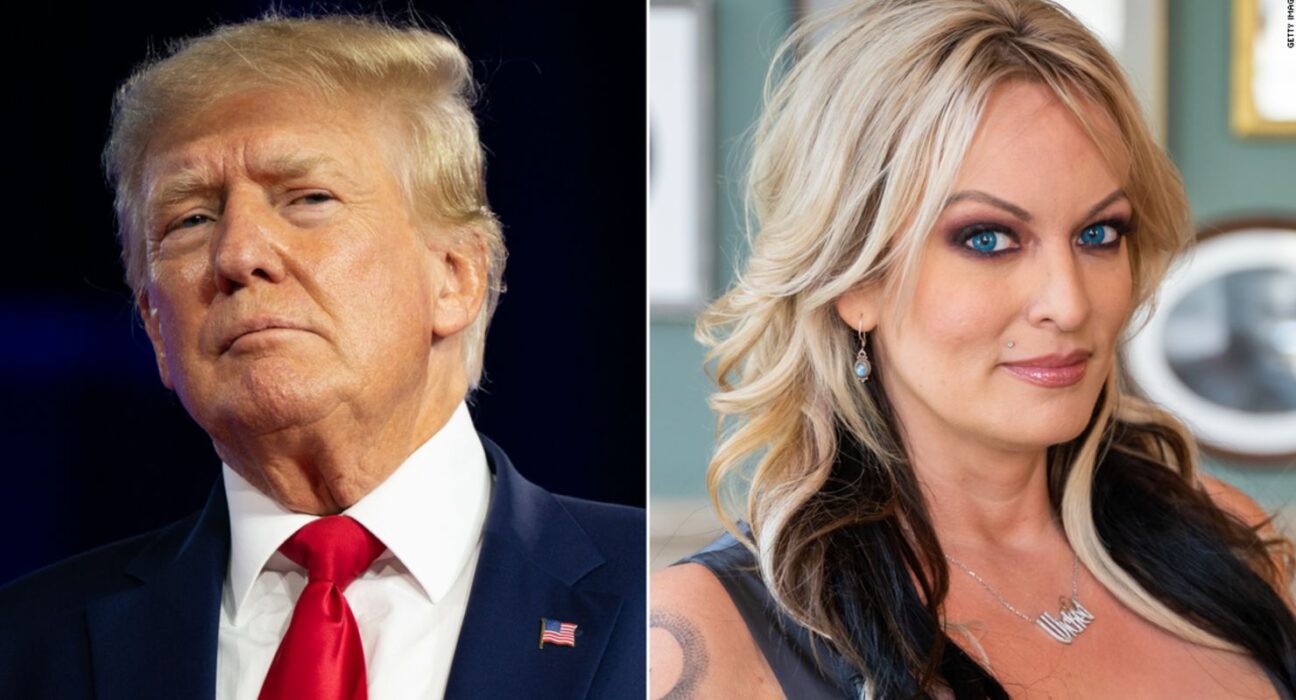Amidst the ongoing conflict in Ukraine, President Trump expressed uncertainty about his ability to halt the fighting, saying, “I don’t know.” The situation in Ukraine has been a complex and long-standing issue that has drawn international attention and concern.
The conflict in Ukraine began in 2014 when Russia annexed Crimea, leading to a war between Ukrainian forces and Russian-backed separatists in Eastern Ukraine. The violence has resulted in thousands of deaths and displaced many more people from their homes. Efforts to reach a peaceful resolution have faced numerous challenges, with diplomatic negotiations often reaching an impasse.
In response to questions about his role in resolving the conflict, President Trump’s candid admission reflects the complexities involved. The geopolitical dynamics at play, including Russia’s involvement and conflicting interests among various stakeholders, make achieving peace a daunting task.
Experts point out that finding a lasting solution to the conflict requires careful diplomacy, respect for international law, and meaningful dialogue among all parties involved. Any attempts to mediate must consider the interests and concerns of both Ukraine and Russia while ensuring the protection of human rights and territorial integrity.
Senator Marco Rubio also weighed in on the situation, highlighting the need for strategic engagement and cooperation on global issues. He emphasized the importance of upholding democratic values and promoting stability in regions affected by conflict.
Rubio’s perspective sheds light on the broader implications of unresolved conflicts like that in Ukraine. He stressed that addressing such crises is not just about ending violence but also about fostering long-term peace-building efforts to prevent future conflicts from erupting.
In discussing these critical issues, it becomes evident that there are no easy solutions when it comes to resolving complex geopolitical conflicts. As Senator Rubio aptly put it during his conversation with Trump’s ‘chief Twitter troll,’ navigating global challenges requires leadership that is informed by expertise, empathy, and a deep understanding of international affairs.
The road to peace may be fraught with obstacles and uncertainties but engaging in constructive dialogues, respecting diverse perspectives, and prioritizing humanitarian concerns are essential steps towards building a more peaceful world. In conclusion, as we grapple with pressing global issues like the conflict in Ukraine, let us remember that fostering understanding and cooperation is key to overcoming adversity on the world stage.

